 Petzlover
Petzlover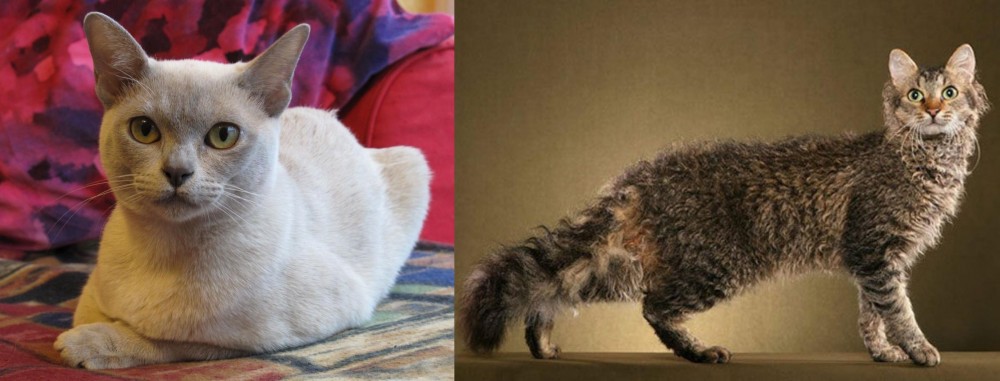 European Burmese is originated from Myanmar but LaPerm is originated from United States. Both European Burmese and LaPerm are having almost same weight. Both European Burmese and LaPerm has almost same life span. Both European Burmese and LaPerm has same litter size. Both European Burmese and LaPerm requires Low Maintenance.
European Burmese is originated from Myanmar but LaPerm is originated from United States. Both European Burmese and LaPerm are having almost same weight. Both European Burmese and LaPerm has almost same life span. Both European Burmese and LaPerm has same litter size. Both European Burmese and LaPerm requires Low Maintenance.
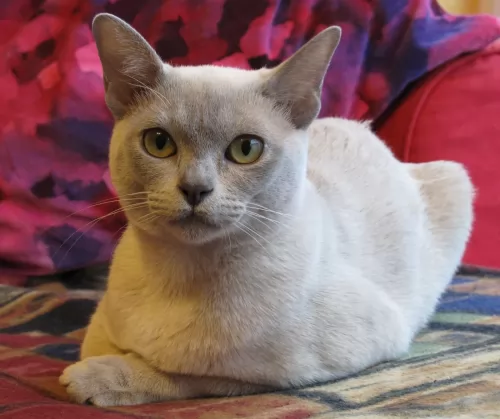 The European Burmese was developed in the 1960s when they were imported to England by British breeders.
The European Burmese was developed in the 1960s when they were imported to England by British breeders.
They were then crossed with red-point Siamese as well as British Shorthairs to expand the gene pool and number of coat colors.
In 1994, the cat was recognized by the Cat Fanciers Association and later by the Canadian Cat Association as well as the Cat Fanciers Federation and others as well.
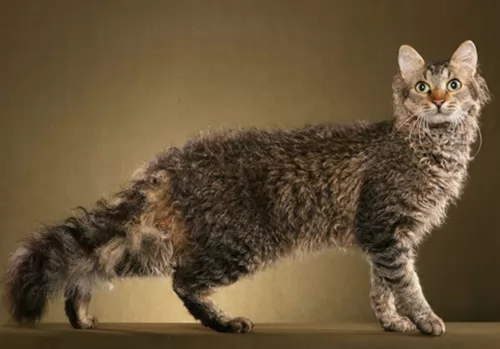 The LaPerm cat hails from the United States of America but you’ll find him in many other countries around the world.
The LaPerm cat hails from the United States of America but you’ll find him in many other countries around the world.
The cat has a dominant gene which results in the unusual curly coat of the cat. This means he is part of the rex breed. This is a term given for the naturally occurring genetic mutation that gives the cat its wavy coat.
It’s not an old cat breed this and it seems to have come about in the early 1980s for the purposes of controlling rodents. The breed founders were Linda and Richard Koehl from Oregon. They started a formal breeding program and the breed was named after their curly coat.
After the cats got the name LaPerm, it was in 2002 that they got recognition from the Cat Fanciers Association.
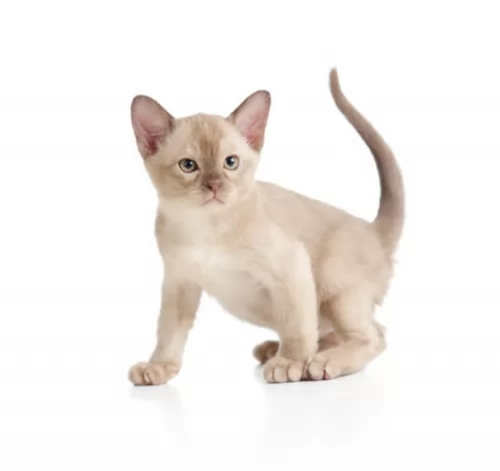 Your beautiful European Burmese cat is a small to medium-sized cat and both males and females will weigh between 3 and 5kg.
Your beautiful European Burmese cat is a small to medium-sized cat and both males and females will weigh between 3 and 5kg.
The cat’s coat is short and glossy and it comes in a number of different colors such as white, brown, cream, blue, red and tortoisehell.The cat has large, expressive eyes that are a yellow or amber shade.
Your European Burmese has a silky short coat and the coat will also only need to be brushed once a week to keep it in tip-top condition.
The European Burmese is a very affectionate, loyal ad intelligent cat, loving the companionhip they share with their human family.
They’re a great pet for families as they’re active and playful. They are also a cat breed that likes to bond with one particular family member more than others.
They’re also inclined to be lap cats, grabbing each opportunity to be stroked and petted. They will also be quite willing to become friends with other pets in the home and don’t like to be left alone for a long time.
They like having other pets around to keep them company and can become withdrawn if constantly left on their own.
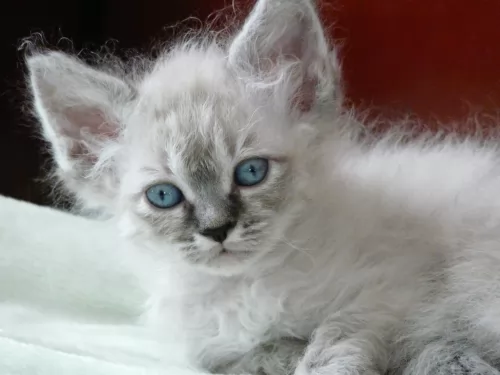 The LaPerm is a medium-sized cat that can weigh anything between 3 and 7kg. They’ve got an athletic build. The legs and the neck are fairly long.
The LaPerm is a medium-sized cat that can weigh anything between 3 and 7kg. They’ve got an athletic build. The legs and the neck are fairly long.
It is thought that they are more hypoallergenic than many other cats but no cat is truly hypoallergenic. The coat is the cat's most exceptional feature, with loose curls. The coat can be long or short. All colors and patterns are acceptable, with red, tabby, and tortoiseshell being more common.
There is no undercoat. The eyes of the cat are medium-sized and almond-shaped.
These are affectionate cats with an outgoing personality. He has a sense of humor so becomes an entertaining cat.
He gets on well with children in the home. People who have owned the cat describe him as clownish. He is playful and that means providing him with some interesting toys.
It’s an intelligent cat and learns to use his paws to open doors and tap you to take notice. He is also fairly active and will willingly retrieve small balls. He is gentle, loving, quiet, and affectionate towards his human family.
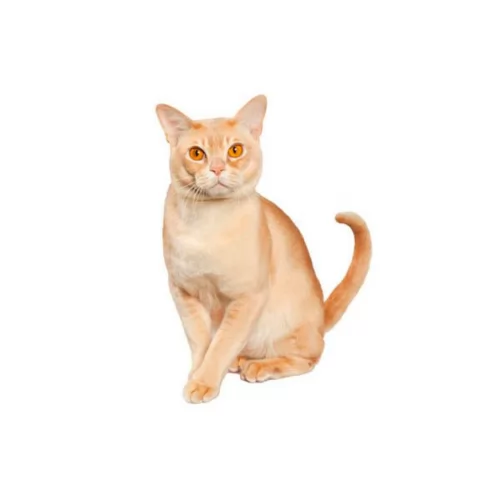 Your European Burmese has a sweet disposition and it is a loving, companionable cat. They enjoy the company of their human owners as well as other pets.
Your European Burmese has a sweet disposition and it is a loving, companionable cat. They enjoy the company of their human owners as well as other pets.
They can be quite vocal too and they don’t like being left alone. If you work all day, it will be a good idea to have another pet as a companion for the European Burmese.
The European Burmese loves to play and is a fun-loving, active, social cat. While they love their human family, they may not make the greatest pet for an inactive, single person as these cats actually seek out companionship.
A person unable to involve themselves with this cat, may well find it becoming depressed. These are cats that require a lot of interaction and attention, craving the attention of their human families.
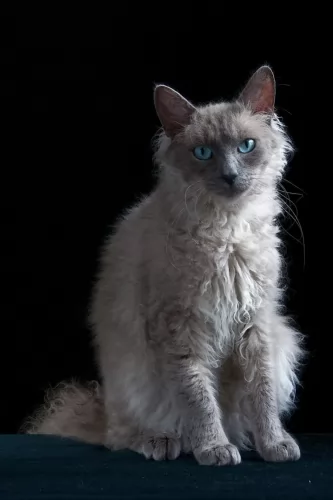 The LaPerm cat is known for its loyal, loving personality. It’s a cat that thrives on being involved with its human family and can easily turn into a lap-cat.
The LaPerm cat is known for its loyal, loving personality. It’s a cat that thrives on being involved with its human family and can easily turn into a lap-cat.
They’re active and also intelligent, and will love you to play some games with him. He will become quite vocal when he demands your attention.
Provide him with a climbing tree as he is active and loves to climb where he can survey the room and decide which human being’s lap he has in mind.
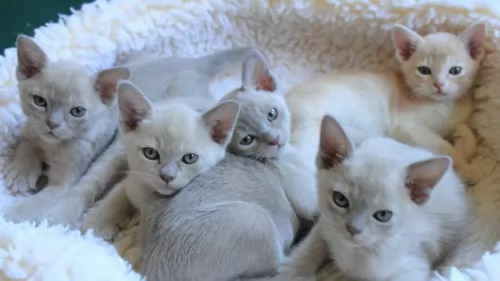 The European Burmese is a fairly healthy cat and is unlikely to cost you a lot in terms of vets fees.
The European Burmese is a fairly healthy cat and is unlikely to cost you a lot in terms of vets fees.
Just like with other cats, some of the common cat illnesses include developing diabetes mellitus. There have been some of these cats that ave been known to suffer from Feline Orofacial Pain Syndrome (FOPS).
It is a disease related to the teeth. Teeth problems are a common ailment with cats. With this particular problem, there is an unusual amount of pain when the cat's adult teeth begin to emerge. Your cat will be displaying a lot of licking and chewing motions. The symptoms do however go away once the adult teeth come in.
The cat will in all likelihood need to see the vet for pain medication and other treatments such as a potassium supplement.
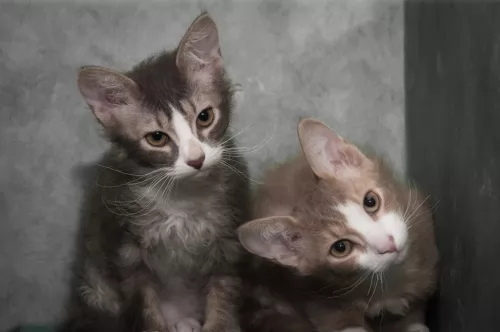 La Perms are generally healthy cats. However, any cat owner needs to recognize the signs of some of the common cat illnesses there are.
La Perms are generally healthy cats. However, any cat owner needs to recognize the signs of some of the common cat illnesses there are.
Cancer, feline immunodeficiency virus, diabetes, and heartworm are all diseases that your healthy cat can at some time succumb too.
Keep an eye on your furry friend, and if he is lethargic and no longer his happy self, get him to the vet immediately for a check-up.
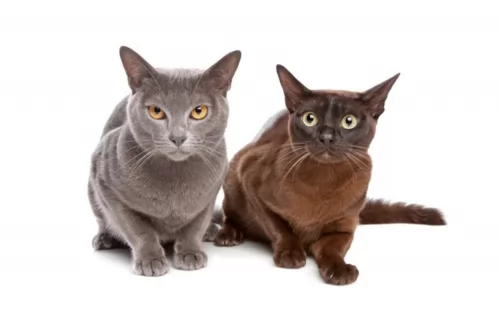 Because the European Burmese is a very affectionate, loyal cat, and because they thrive on the companionship of their human family, you owe it to him to provide him with consistent companionship. They are friendly cats and will be amicable to visitors to the home too.
Because the European Burmese is a very affectionate, loyal cat, and because they thrive on the companionship of their human family, you owe it to him to provide him with consistent companionship. They are friendly cats and will be amicable to visitors to the home too.
Scratching is a natural behavior of pets so instead of becoming angry with your cat when he scratches on your furniture, provide him with a scratching post.
You can also learn how to carefully clip your cat's nails, otherwise a professional cat groomer can do it for you.
It’s not always easy keeping a cat indoors and that is why neutering or spaying becomes important to avoid unwanted kittens. It makes your European Burmese a more balanced cat and it has a host of health benefits too.
It can’t be stressed enough how important good food is for the health of people and animals. The European Burmese needs top quality food high in proteins and meat to remain healthy.
If you feed your cat human food or food high in carbs, expect to spend a lot on vet fees.
Make sure your pet enjoys his food but that it is also nutritious and in the right portions to avoid obesity.
Kittens will eat 4 bowls of food a day and then progress to 2 bowls of food after the cat turns one year of age.
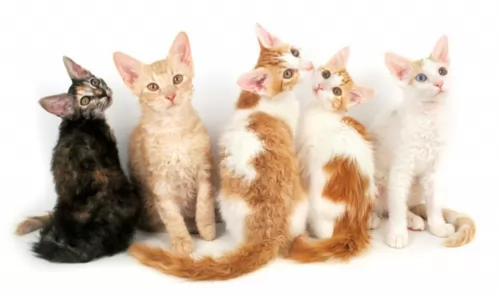 The LaPerm’s unusual coat is easy to care for as it isn’t a big shedder. You’d think that the curls would tangle but they don’t. You can gently comb or brush the curls once or twice a week. Just like with a human perm, you can mist the cat’s curls and comb and fluff them out with your fingers.
The LaPerm’s unusual coat is easy to care for as it isn’t a big shedder. You’d think that the curls would tangle but they don’t. You can gently comb or brush the curls once or twice a week. Just like with a human perm, you can mist the cat’s curls and comb and fluff them out with your fingers.
Cats are particularly prone to periodontal disease, so look into your cat’s mouth occasionally to see that the teeth are as they should be. Brushing the teeth can stress a cat out and make it miserable and the dry cat foods help to keep the teeth clean.
Pet groomers and the vet can check out the teeth for you and make sure they are in tip-top condition.
Make sure your cat’s eyes are clear and bright and free of discharge. Trim the nails as required – something the vet or the pet groomers can also do for you.
Provide your LaPerm with a litterbox and keep it spotlessly clean, ridding it regularly of the cat’s droppings.
Even though there are excellent commercial cat foods on the market, some cats develop finicky eating habits. Don’t start feeding your cat human foods and snacks to coax him to eat. It can cause a host of digestive problems.
Cats are carnivores and require foods high in protein to remain healthy. A veterinarian will need to examine your cat if he is refusing to eat and is losing weight.